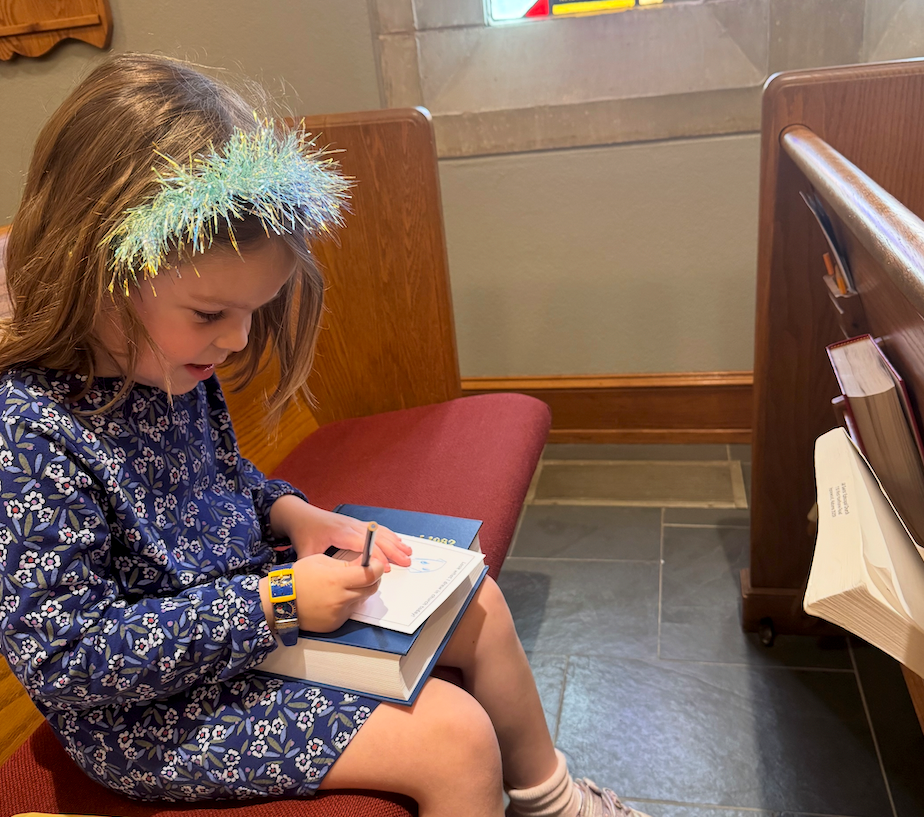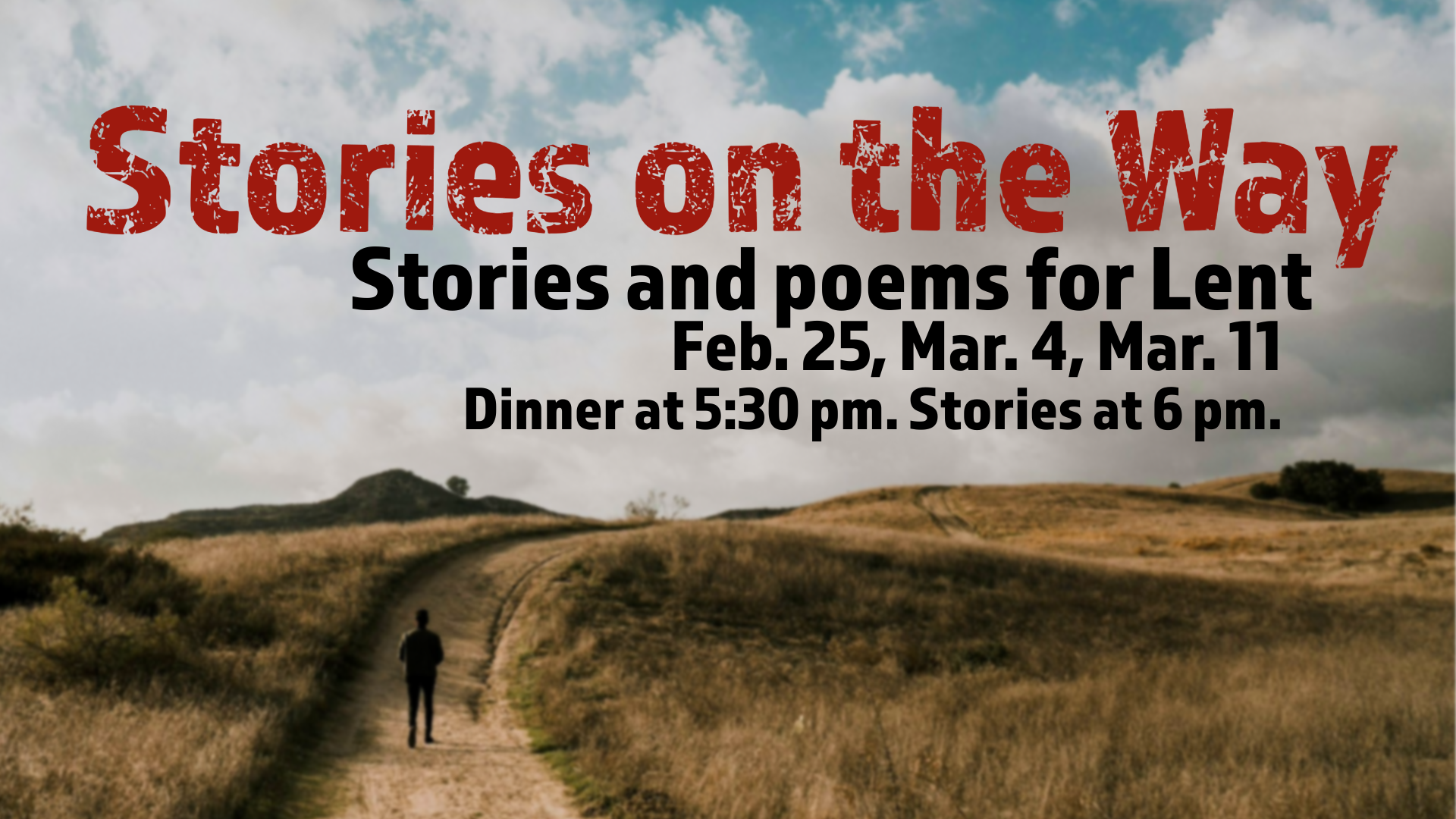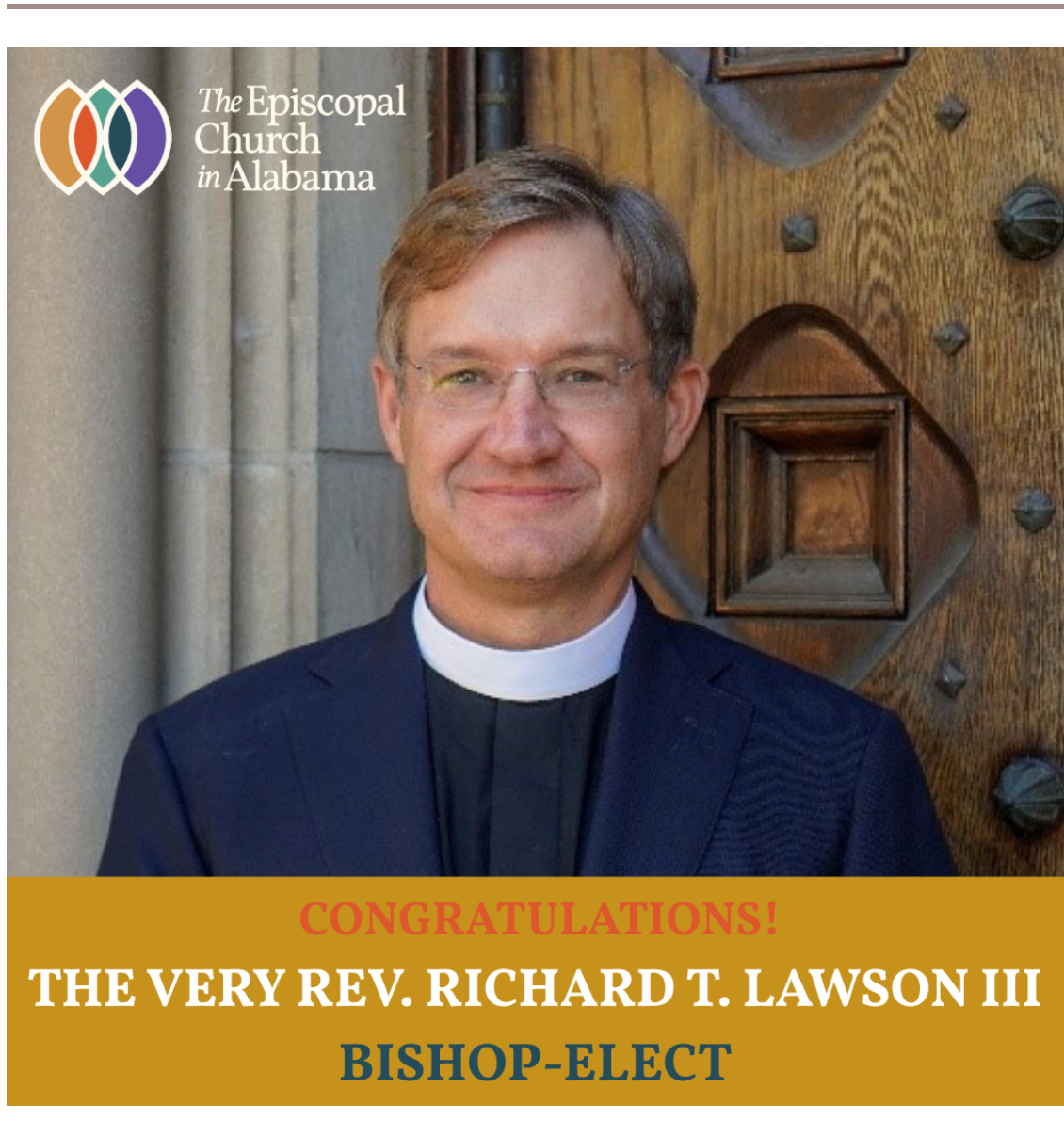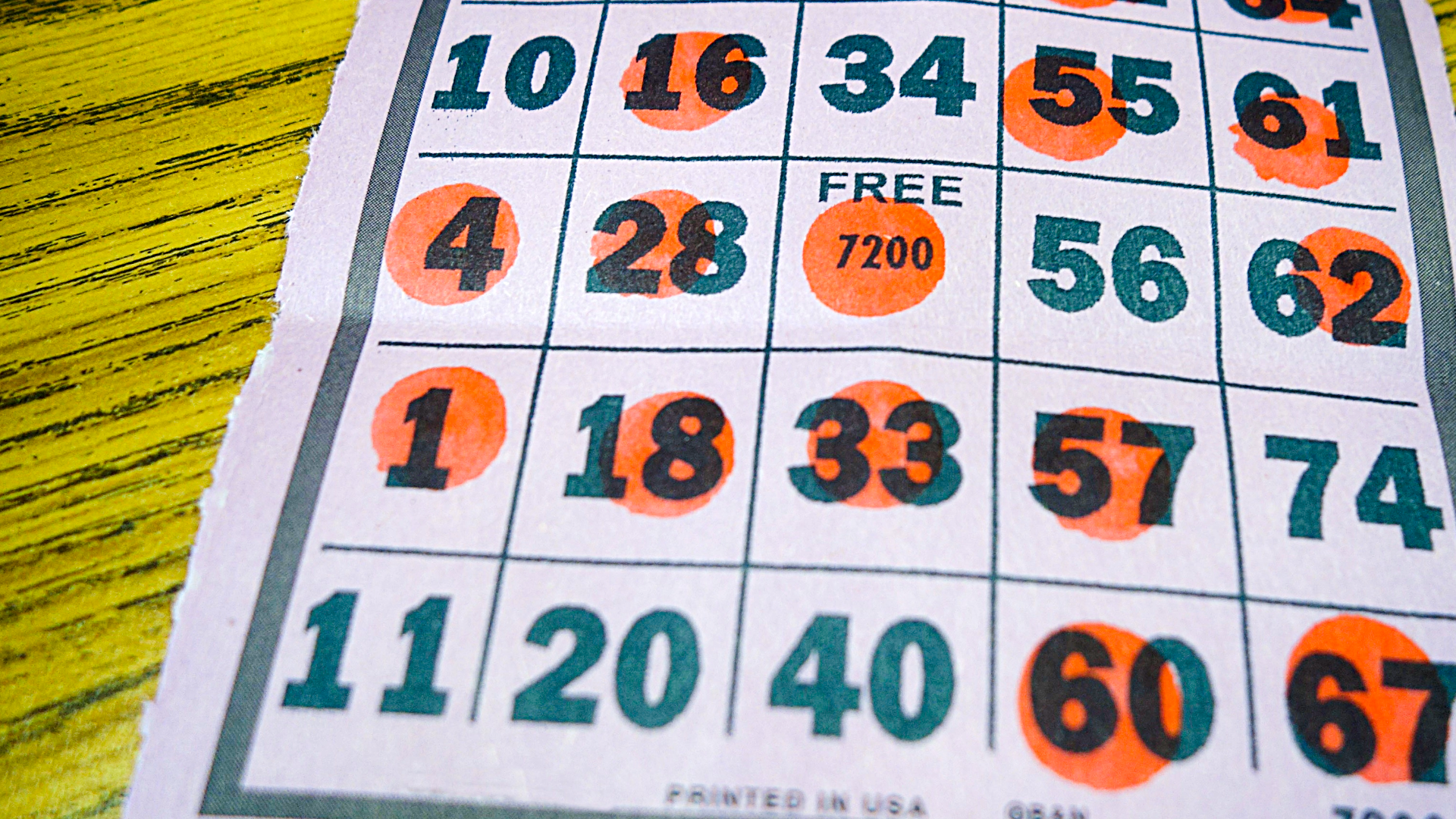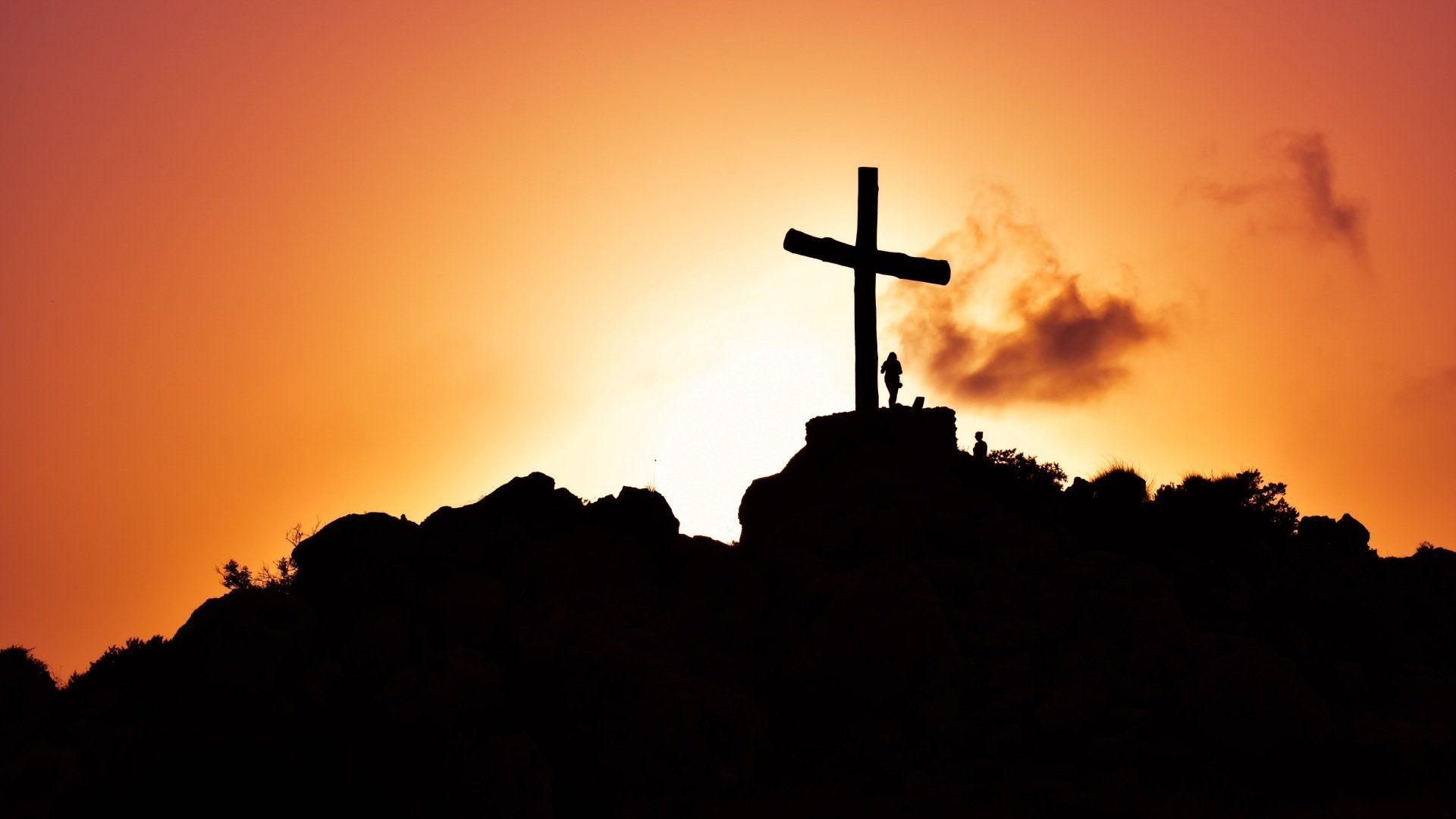Lost & Found
Holy One, finder of the lost, eternally embracing Father, let my words be your words and when my words are not your words, let your people be wise enough to know the same. Amen.
Late one night the father of two young men paced outside his younger son’s bedroom. The father wondered, “Where did I go wrong? When did I lose this son of mine?” Just a few days earlier, his younger child made a request that broke this father’s heart.
“Give me my inheritance now.” The son might as well have said, “Die why don’t you! At least then, I get what I want.” Remarkably, the father complied with his younger son’s wishes. Neighbors and friends urged him not to follow such a reckless and dishonorable request, but the father loved both his sons completely, abundantly, without regard for how others viewed him.
Still, on that night the father dreaded the daylight. He knew that when morning dawned, his little boy would be off to God-knows-where. So, he paced and prayed and pondered a way to keep his son under his roof.
When morning came though the father had no recourse. The elder son shook his brother’s hand saying half-heartedly, “Good luck, little one.” Then, the dutiful son headed off for his morning chores, just as the sun was rising. The father, on the other hand, pleaded one more time for his younger child to stay. It was to no avail. Little one stood limp as his father hugged him, the young man’s eyes gazed off into the distance, down the road that led away from the family farm. He thought, “I’m finally going to be free—to make my own choices, to live my life without my dad and brother bossing me around, and I’m gonna have some fun!”
With one-third of his family’s wealth the younger son set out toward a land of milk and honey, a land of debauchery. At first, he lived a carefree, exuberant existence—it was exhilarating! He feasted on forbidden foods. He slept with beautiful women. He followed pleasure, he sought bliss, and he chased highs. After a time, the ecstasy was harder to find. He still had plenty of money—until he got robbed, ran up a tab, and got too accustomed to finer things beyond his means. Going off to a foreign land had felt like freedom, but without any resources it quickly became like a prison—the young man was trapped.
His plight was made worse when a famine came upon the land where he was living. He reached into where he kept his coins so he could buy a moldy loaf of bread, but he felt the unfamiliar feeling of fraying fabric instead of gold. Even if he had money, there was less of everything to go around, so the young man stooped to an all-time low. He hired himself out to a gentile, which was degrading enough, but on top of that he defiled himself by feeding unclean pigs. His wallet and his belly were so empty that he began considering eating the pigs’ leftovers. In this broken state, a sobering question emerged deep in his heart. What if I go home, not as a son, but as a farm hand, like I am here?
Back at home, life was anything but how he’d left it. Everyday since the younger son went out, his father sat staring down the long road that led off the farm toward distant lands. When a passerby or a visitor stirred up dust coming onto the father’s land, the old man would hope and pray that it was his lost son coming back. Each time it was not, the father’s heart would break a little more.
The elder son kept working longer and longer days. He would wake early and stay up late tending to the land and its people. Pretty soon, the resources lost when the father liquidated the younger son’s inheritance were recouped. The elder son was proud, but his father never seemed to acknowledge his hard work. And, seeing the old man listlessly lingering on the farm road made the elder son furious. He kept thinking, “Don’t you see what I’m doing here! All that I am doing for you!” He never voiced his frustration, as he did not want to hurt his father even more.
Instead, he would care for his father—making sure the servants brought him food and drink. Often the meals would go untouched. One day the elder son even said in passing to his dad, “He’s gone. He wished you were dead, now I wish you would see that he is as good as dead.” As soon as the words left the son’s mouth, he knew they were a mistake. The father walked away, trying to hide his weeping. The elder son not knowing what to do, left to go work—mending a fence on the backside of their land.
The road back to his family’s farm felt foreign to the younger, wasteful son. Maybe it was because his steps were heavier. Perhaps it was because he did not have money to stay or eat at places along the way. Famished and emaciated, the younger son plodded along all the while rehearsing a speech of repentance. “Dad, I mean, Father, I have erred, no, I have sinned against heaven and before you; I cannot be considered your son. I wished you were dead. Treat me not like a son, this son is dead, so treat me like a hired hand. I will work for you if you have me.” Even though the younger son knew the way home, he was lost.
Being lost—in regards to purpose—one’s soul feeling lost is not the same thing as losing a beloved creature, like a sheep, or something, like a coin. In the case of a losing a sheep, a shepherd can go and find it. In the case of a coin, a woman can search and retrieve it. But, a person being truly lost—that’s a trickier issue altogether. We, as people, are craftier than sheep and coins, and we find all sorts of ways to not only get lost, but also to stay lost.
The father perhaps knew this. If he went in search for his younger son, the boy might stay lost forever, but the father never stopped looking down that road that would lead his son back home. And, wouldn’t you know, one day, as the father looked off into the distance, he saw dust rising in the wind.
After being mistaken by visitors and passersby the old man waited just long enough to decipher the silhouette off in the distance, but as soon as he recognized the gait of the man coming down the road—he began charging towards his lost boy.
Not hesitating for a millisecond, the old man pulled up his robe and began running as fast as his feeble, worn-out body could carry him. The dusty air burned his lungs, his sandals flew off as he reached a dead sprint. Servants who witnessed the act were shocked, dropping their tools in the dirt. No self-respecting patriarch would stoop so low as to run anywhere, let alone to run towards an ungrateful, prodigal son. To the father, nothing else mattered—not their opinions, nor his neighbors’, nor how silly it was for an old man to run.
As the father neared his younger son, he slowed down enough to see his child’s frail frame, sunken eyes, and tear-soaked cheeks. The old man wrapped his arms around his son—for a moment the boy’s body was as limp as it was on the day he had walked down that road away from his family and his father. Then, both men began to weep. The boy hugged his father, but a surge of responsibility and righteousness caused him to push his father away momentarily. He thought, I have to tell him.
So, the younger child practiced his rehearsed repentance: “Father, I have sinned against heaven and before you; I am no longer worthy to be called your son.” If the father heard his child’s words of penitence, they were superfluous and unnecessary, for the son’s presence back home was enough. Soon the father was kneeling down to put sandals on his son’s feet, a ring on his finger, and the best robe over his scrawny shoulders.
“Get the fatted calf, the one we were saving for somebody’s marriage or my first grandchild’s birth, invite all the neighbors, let us celebrate for this son of mine was dead and is alive again, he was lost and now is found!” The servants set out to invite neighbors. Both the hired hands and the fellow citizens were skeptical, curious, and apprehensive. Who celebrates a son who goes off and fails? Who kills a fatted calf for the one who wastes their inheritance?
At first, they remained puzzled, but coming to the party they saw the joy on the father’s face, heard the struggles the boy endured, and experienced this new life together. They joined in the celebration—helping to restore the younger son back into father’s household. Of course, not everyone came around so quickly.
Is it possible to be lost at home? The elder son had been so caught up in work on the far edge of his family’s farm that he never saw his brother’s arrival, he did not see the servants slaughtering the plump heifer, so when he heard music and saw dancing, he was quite puzzled. “What gives?” the older son asked a servant. The hired hand happily replied, “Your brother has come home, and your father has killed the fatted calf, because he got him back safe and sound.”
Tearing his clothes, the older son seethed in anger. As the celebration grew, the heir apparent, pouted refusing to take part in any merrymaking with his wasteful, younger brother. Word of this made its way to the father.
While the father had not gone in search of his prodigal son, he knew that this older lost boy, his righteous son, might require a different approach. Thus, he breached the etiquette of the day and left his guests and younger son celebrating on their own. He went in search of his other child. The old man, looked into his son’s eyes, and pleaded. “Join the celebration!” The son looked away—his jaw locked, his stare burning the horizon. Finally, he spoke.
“Listen!” he screeched, “For all these years I have been working like a slave for you—never resting on laurels or saying work was beneath me because I am the rightful heir—and I never disobeyed your command; yet you have never given me even a measly goat, so I could party with my friends.” Tears streamed down the elder son’s cheeks. “But when my—” then he stopped. “But when this son of yours comes back, who made a mockery of our family name, who devoured your property—our property—with prostitutes and drunkenness and debauchery, what do you do? YOU kill the fatted calf for him!”
The father knelt and looked up at his child. “My boy, you are always with me. You always have been. You always will be. All that is mine is yours. All of it.” The elder son exhaled and met eyes with his dad who continued. “But, we had to celebrate and rejoice, because my s—” then he stopped. “Because this brother of yours was dead and has come to life; he was lost and has been found.
“Do not let his being found get you lost. Won’t you come and join the celebration? The table is set. The feast is being readied. And all are welcome here—you are welcome here.”
More Announcements

